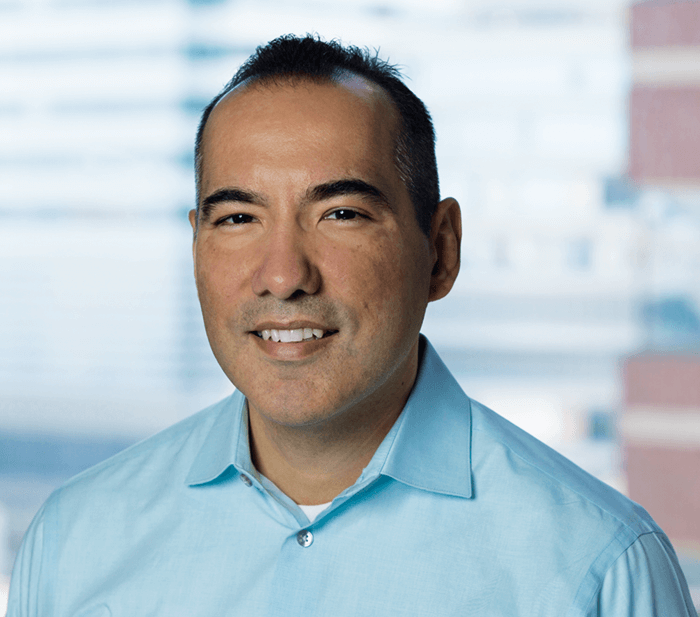
The Epigenomic Explorer
Sitting Down With... Benjamin Garcia, Presidential Professor of Biochemistry and Biophysics and Director of Quantitative Proteomics, Perelman School of Medicine, University of Pennsylvania, Philadelphia, Pennsylvania, USA.

False
Sitting Down With... Benjamin Garcia, Presidential Professor of Biochemistry and Biophysics and Director of Quantitative Proteomics, Perelman School of Medicine, University of Pennsylvania, Philadelphia, Pennsylvania, USA.

Receive the latest analytical science news, personalities, education, and career development – weekly to your inbox.

Presidential Professor of Biochemistry and Biophysics and Director of Quantitative Proteomics, Perelman School of Medicine, University of Pennsylvania, Philadelphia, Pennsylvania, USA.
False
False

April 3, 2025
13 min read
Computers can “see” and “hear,” but fully digitizing scent has so far eluded science – but that may soon change

December 3, 2024
3 min read
Syft Technologies’ William Pelet introduces the Syft Explorer – the world's first fully mobile, real-time, and direct trace gas analyzer

December 5, 2024
6 min read
Thermo Fisher Scientific’s high-sensitivity mass spec for translational omics research – the Stellar MS – is ranked 4th in our annual Innovation Awards
False